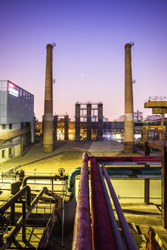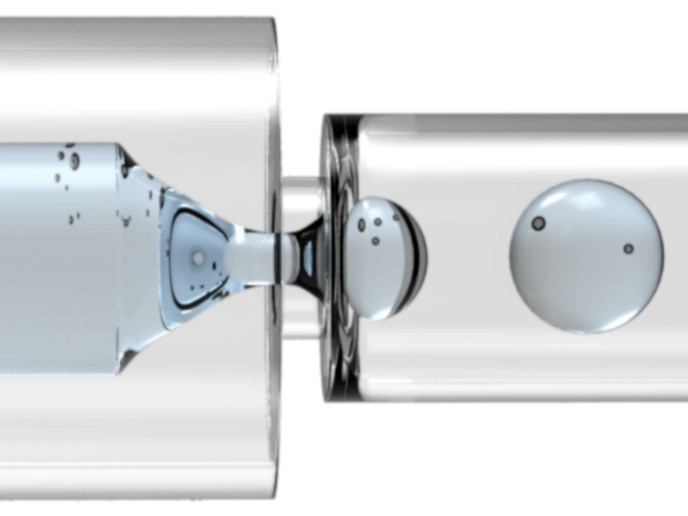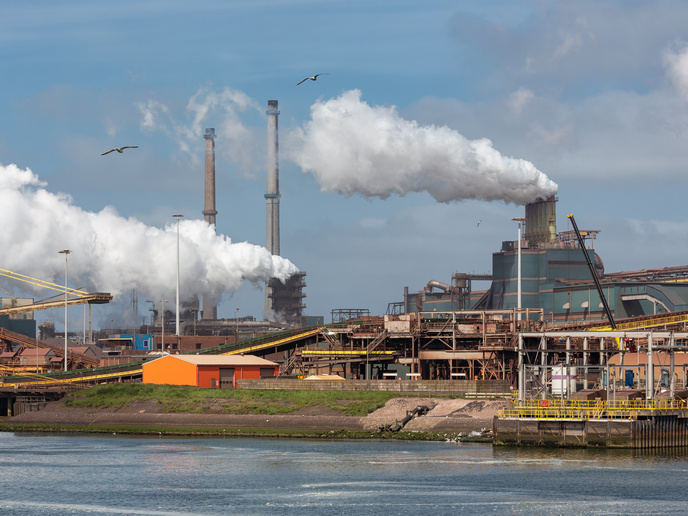Sustainable chemical production
In ideal continuous flow processes, the substrates flow into the reactor and come in contact with the immobilised catalyst to undergo a chemical transformation. The resulting product then leaves the reactor in a pure form, ready for further use without the need for additional separation or purification steps. To achieve this ambitious goal, a team of 13 academic and 6 industrial partners from all over Europe collaborated in the project SYNFLOW (Innovative synthesis in continuous-flow processes for sustainable chemical production). They integrated molecular catalysts, immobilisation strategies and reaction engineering. The project developed a basis for new and widely applicable sustainable technologies for low-to-medium-scale chemical and pharmaceutical production. The vision of SYNFLOW was to realise a shift from batch-wise processes comprising many separate unit operations to highly integrated and flexible catalytic continuous flow processing. Scientists successfully demonstrated the concept of catalytic process design. Continuous flow processes resulted in superior performance, advantageous for small-to-medium-scale chemical and pharmaceutical manufacturing. Sustainable process design methodology was based on experimental results and conceptual insight. The project targeted fine and specialty chemicals and pharmaceutical industries, which are characterised by a large diversity of synthesised chemical structures. To demonstrate the broad impact of the SYNFLOW concept, the prototypical case studies served as examples for generic challenges in these fields. Project partners performed six industrial case studies, defined by certain industrial partners. The case studies represented reaction types such as C-N and C-C bond formation and stoichiometric reductions, notorious for waste generation and inefficient resource and energy utilisation. SYNFLOW provided guidelines on the commercial viability, safety, eco-friendliness and performance of the project's technologies. Demonstrated evidence for superior process performance provides distinct potential business advantages of continuous flow processes.
Keywords
Sustainable, chemical production, continuous flow processes, molecular catalysts, pharmaceutical







